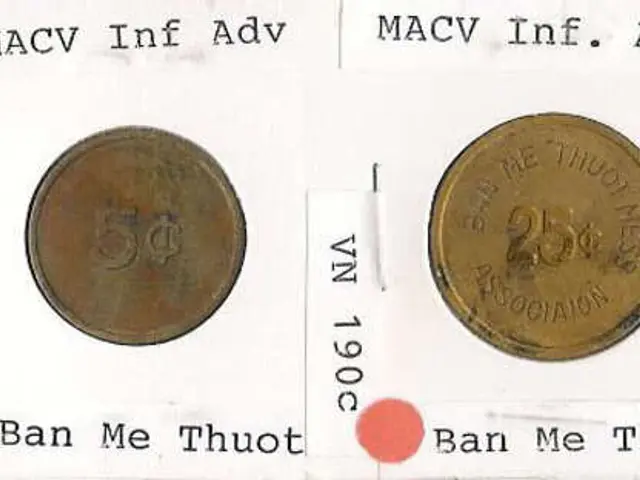Huawei's Ascend 950 Revolutionizes AI Computing with 2 TB/s Bandwidth
Huawei has announced its latest chip series, the Ascend 950, set to revolutionise the AI computing landscape. The new chips promise unprecedented performance and interconnect bandwidth, with the first models slated for release in 2026.
The Ascend 950 series will debut with the 950PR and 950DT, available in Q1 and Q4 2026 respectively. These chips will boast a staggering 2 TB/s interconnect bandwidth, a significant leap of two-and-a-half times the current Ascend 910C. They will also support low-precision data formats like FP8, delivering up to 2 PFLOPs of performance.
Huawei will also unveil the world's first general-purpose computing SuperPoD, the TaiShan 950, powered by the Kunpeng 950 processor. This groundbreaking technology is set to hit the market in 2026. To connect these powerful clusters, Huawei will open-source its UnifiedBus 2.0 protocol, giving birth to SuperClusters.
Looking ahead, the Ascend 960 is scheduled for release in Q4 2027, doubling the computing power, memory access bandwidth, and memory capacity of the 950. The Ascend 970, planned for the end of 2028, will further push boundaries with 4TB/s interconnect bandwidth and 8 PFLOPs of FP4 performance.
Huawei's Kunpeng 950 processors will also see two models in 2026, offering 96 cores & 192 threads or 192 cores & 384 threads. The Atlas 950 SuperPoD is expected in the fourth quarter of 2026, promising enhanced vector processing and granular memory access, handling 128 byte chunks at a time.
Huawei's Ascend 950 series and related technologies promise a significant boost in AI computing capabilities. With the first chips and SuperPoD slated for 2026, and more powerful models following in subsequent years, Huawei is set to shape the future of AI processing.
Read also:
- Web3 social arcade extends Pixelverse's tap-to-earn feature beyond Telegram to Base and Farcaster platforms.
- Germany's Customs Uncovers Wage, Immigration Violations in Hotel Industry
- U.S. & China Agree to Temporary Trade Truce, Easing Tariffs
- FKS Inspections Uncover Wage, Security, and Employment Violations in Hotel and Catering Industry








